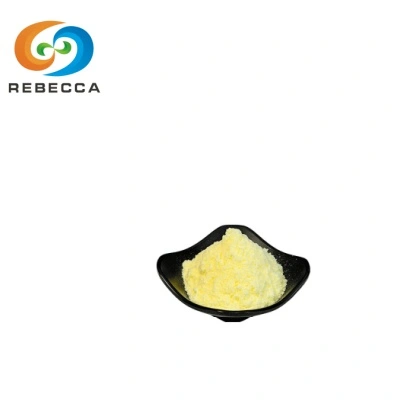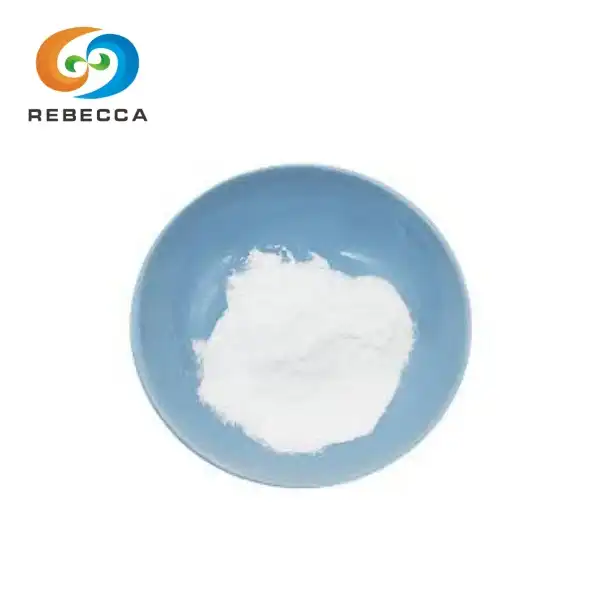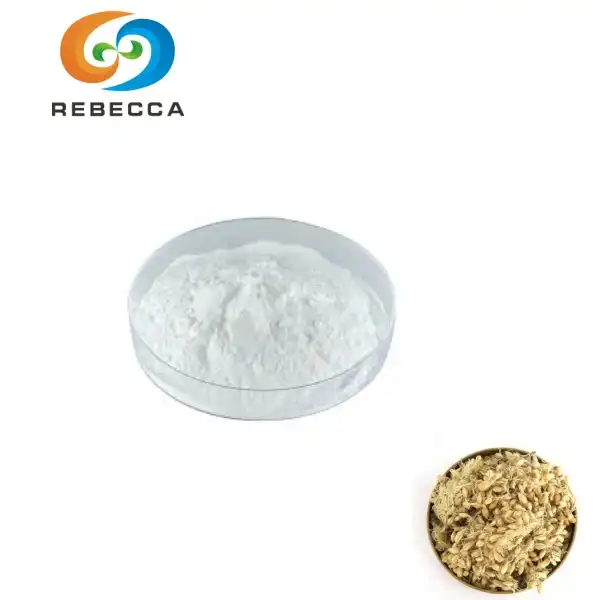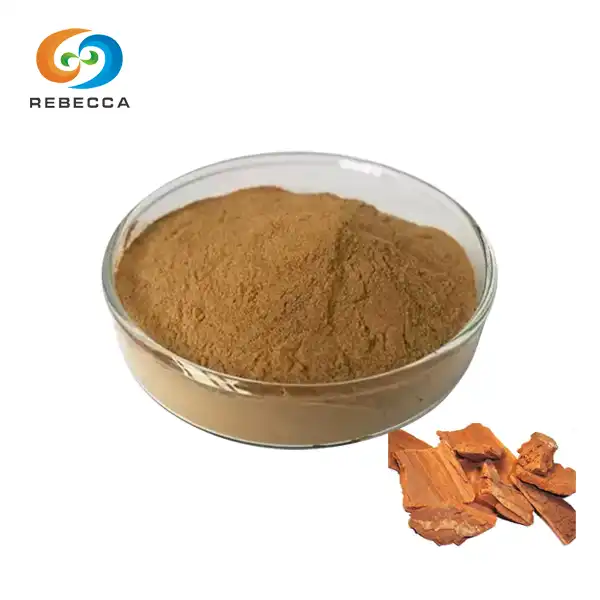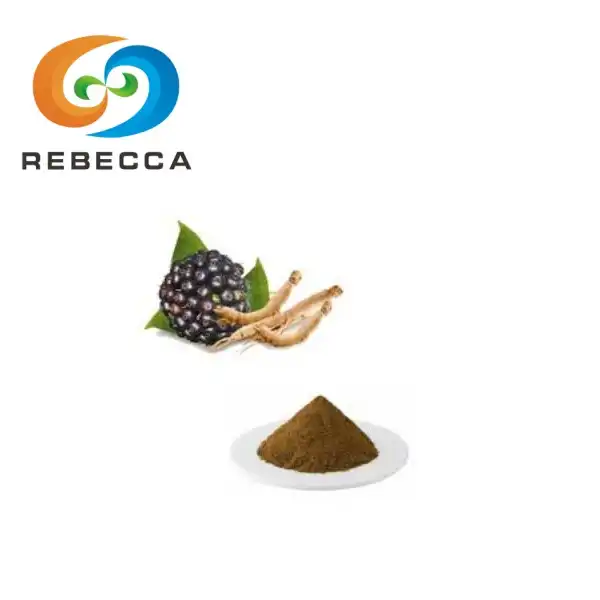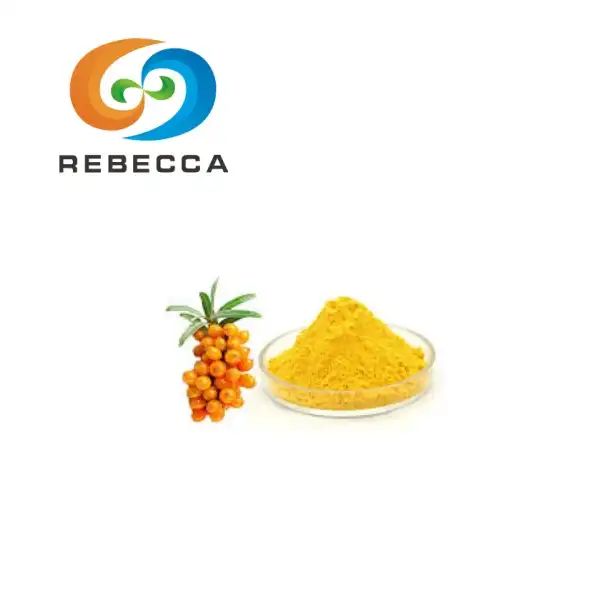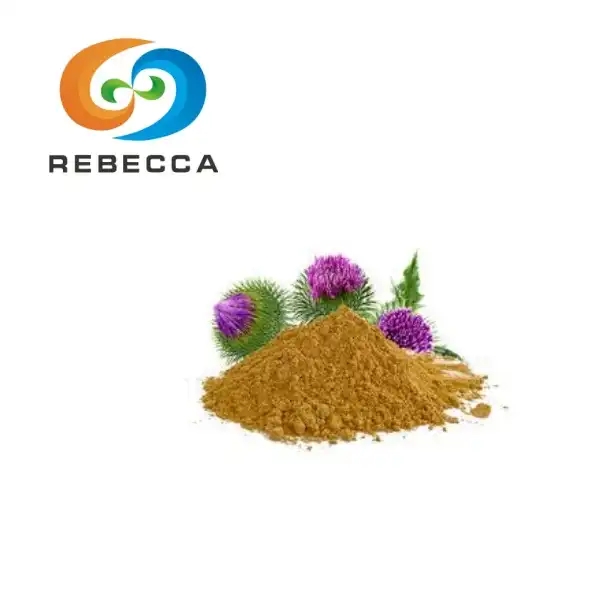Discover the Power of Pure Nature Resveratrol
In the realm of natural health supplements, Pure Nature Resveratrol has emerged as a potent ally in the pursuit of wellness and longevity. This remarkable compound, found in various plants, has captivated researchers and health enthusiasts alike due to its potential to combat age-related diseases and promote overall well-being. Let's delve into the fascinating world of Pure Nature Resveratrol and uncover its myriad benefits.

The Science Behind Pure Nature Resveratrol
Resveratrol, a polyphenolic compound, belongs to a class of molecules called stilbenes. These naturally occurring substances act as antioxidants, helping to neutralize harmful free radicals in the body. Pure Nature Resveratrol, in particular, has garnered attention for its potential to activate sirtuins, proteins that play a crucial role in regulating cellular health and lifespan.
Research has shown that Pure Nature Resveratrol may mimic the effects of calorie restriction, a dietary approach associated with increased longevity in various species. By activating sirtuins, resveratrol could potentially slow down the aging process and reduce the risk of age-related diseases.
Moreover, Pure Nature Resveratrol has demonstrated anti-inflammatory properties, which could be beneficial in managing chronic conditions such as arthritis and cardiovascular disease. Its ability to modulate inflammation at the cellular level makes it a promising candidate for promoting overall health and well-being.
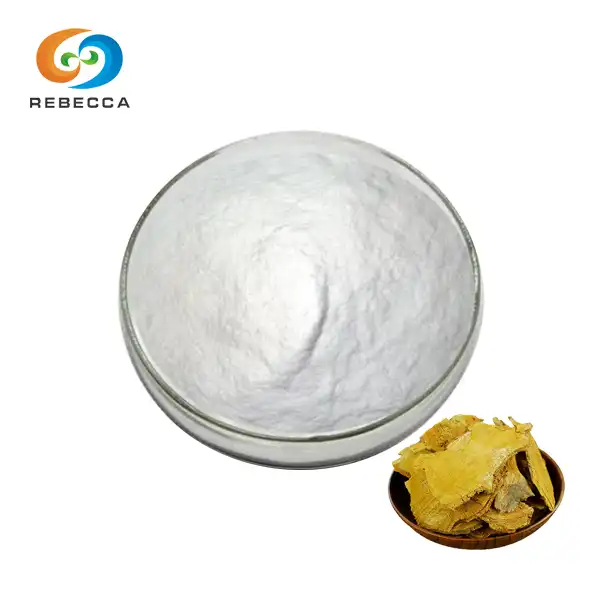
Top Sources of Pure Nature Resveratrol
While Pure Nature Resveratrol supplements offer a concentrated dose of this beneficial compound, it's also possible to obtain resveratrol through dietary sources. Some of the richest natural sources of resveratrol include:
- Red Grapes: The skin of red grapes is rich in resveratrol, making them a great natural source of this antioxidant. Consuming red grapes can help increase your intake of resveratrol, which is linked to various health benefits, including heart health and anti-aging properties.
- Red Wine: During the fermentation process of red wine, resveratrol from grape skins is extracted into the wine. This results in a beverage that is naturally rich in resveratrol, which is believed to support cardiovascular health and offer other anti-inflammatory benefits. Moderate consumption of red wine can contribute to resveratrol intake.
- Berries: Various berries, such as blueberries, cranberries, and mulberries, are excellent sources of resveratrol. These fruits are not only packed with resveratrol but also offer other antioxidants, making them a nutritious choice for those looking to boost their antioxidant intake.
- Peanuts: Peanuts, particularly their skins, contain resveratrol, providing a non-alcoholic alternative to supplementing this antioxidant in your diet. Enjoying peanuts as a snack can be a simple and effective way to incorporate resveratrol into your daily routine.
- Dark Chocolate: Dark chocolate, especially varieties with a high cocoa content, contains small amounts of resveratrol. In addition to this antioxidant, dark chocolate offers other beneficial compounds, including flavonoids, which contribute to its heart-healthy properties.
While these dietary sources can contribute to your resveratrol intake, Pure Nature Resveratrol supplements provide a more concentrated and consistent dose. This is particularly beneficial for those seeking to maximize the potential health benefits of resveratrol without consuming large quantities of specific foods or beverages.

Can Pure Nature Resveratrol Improve Your Heart Health?
One of the most promising areas of research on Pure Nature Resveratrol is its potential benefits for cardiovascular health. Studies have indicated that resveratrol may help protect the heart and blood vessels by improving blood flow, reducing inflammation, and supporting healthy cholesterol levels. These effects suggest that resveratrol could play a key role in promoting heart health and reducing the risk of cardiovascular diseases over time.
Pure Nature Resveratrol has been shown to improve endothelial function, which is crucial for maintaining healthy blood vessels. By enhancing the production of nitric oxide, resveratrol may help to dilate blood vessels, potentially lowering blood pressure and reducing the risk of cardiovascular disease. Furthermore, resveratrol's antioxidant properties may help to prevent the oxidation of LDL cholesterol, a key factor in the development of atherosclerosis. By reducing oxidative stress and inflammation in the cardiovascular system, Pure Nature Resveratrol could play a role in maintaining heart health and reducing the risk of heart disease.
Some studies have also suggested that resveratrol may have anti-platelet effects, potentially reducing the risk of blood clot formation. This property could be particularly beneficial for individuals at risk of thrombotic events, such as heart attacks or strokes. While these findings are promising, it's important to note that more research is needed to fully understand the extent of resveratrol's benefits for heart health. As with any supplement, it's crucial to consult with a healthcare professional before incorporating Pure Nature Resveratrol into your wellness routine, especially if you have pre-existing cardiovascular conditions or are taking medications.

Conclusion
Pure Nature Resveratrol represents a fascinating intersection of nature and science, offering potential benefits for longevity, heart health, and overall well-being. As research continues to uncover the mechanisms behind resveratrol's effects, it's clear that this compound holds significant promise in the field of natural health supplements.
Whether you choose to incorporate resveratrol-rich foods into your diet or opt for Pure Nature Resveratrol supplements, this powerful antioxidant may play a valuable role in supporting your health and vitality. As we continue to explore the potential of resveratrol, it's exciting to consider the possibilities for enhancing our well-being through the power of nature.
To learn more about Pure Nature Resveratrol and its potential benefits, or to explore high-quality resveratrol supplements, please don't hesitate to contact us at information@sxrebecca.com. Our team of experts is dedicated to providing you with the most up-to-date information and premium natural health products to support your wellness journey.
References
1. Baur, J. A., & Sinclair, D. A. (2006). Therapeutic potential of resveratrol: the in vivo evidence. Nature Reviews Drug Discovery, 5(6), 493-506.
2. Bonnefont-Rousselot, D. (2016). Resveratrol and cardiovascular diseases. Nutrients, 8(5), 250.
3. Smoliga, J. M., Baur, J. A., & Hausenblas, H. A. (2011). Resveratrol and health – A comprehensive review of human clinical trials. Molecular Nutrition & Food Research, 55(8), 1129-1141.
4. Timmers, S., Auwerx, J., & Schrauwen, P. (2012). The journey of resveratrol from yeast to human. Aging, 4(3), 146-158.
5. Weiskirchen, S., & Weiskirchen, R. (2016). Resveratrol: How much wine do you have to drink to stay healthy? Advances in Nutrition, 7(4), 706-718.
_1730691017423.webp)










